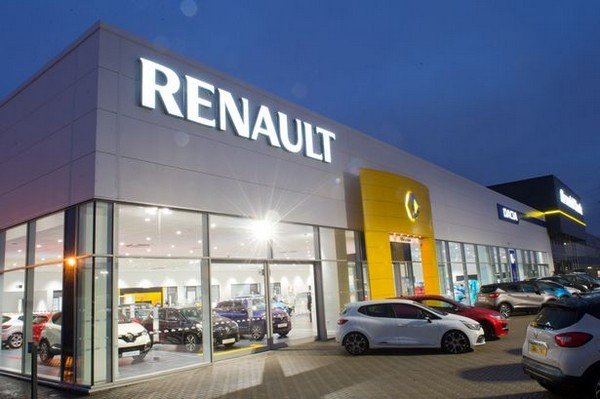Battling Covid collateral damage, Renault says 2021 will be volatile
Renault said on Friday it is still fighting the lingering effects of the COVID-19 pandemic, including a shortage of semiconductor chips, that could make for another rough year for the French carmaker.

Paris: Renault said on Friday it is still fighting the lingering effects of the COVID-19 pandemic, including a shortage of semiconductor chips, that could make for another rough year for the French carmaker.
Renault reported an 8 billion euro ($9.7 billion) loss for 2020 which, combined with gloomy take on the market, sent its shares down more than 5% in late morning trading.
“We are in the midst of a battle to try to manage a difficult year in terms of supply chains, of components,” Chief Executive Luca de Meo told reporters. “This is all the collateral damage of the Covid pandemic... we will have a fairly volatile year.”
De Meo, who took over last July, is looking at ways to boost profitability and sales at Renault while pushing ahead with cost cuts. There were early signs of improving momentum as margins inched up in the second half of 2020.
Also Read |
Renault seals electric car battery deals with Envision, Verkor
The group gave no financial guidance for this year, although it said it might reach a target of achieving 2 billion euros in costs cuts by 2023 ahead of time, possibly by December.
Executives said they were confident the carmaker could be profitable in the second half of 2021, but that they lacked sufficient market visibility to provide a forecast.
Renault struck a cautious note, saying it was focused on its recovery but warned orders had faltered in early 2021 as pandemic restrictions continued in some countries.
The group is facing new challenges as the European Union tightens emissions regulations and after rivals PSA and Fiat Chrysler joined forces to create Stellantis, the world’s fourth-biggest automaker.
Also Read | Renault sees 2021 profit despite chip crunch, raw material costs
The auto industry endured a tough 2020 but a swift rebound in premium car sales in China helped companies such as Volkswagen and Daimler to weather the storm.
Auto companies globally have since been hit by a shortage of semiconductors that has forced production cuts worldwide.
“The beginning of the year has shown some signs of weakness,” De Meo told analysts, but added the chip shortage should be resolved by the second half of 2021. “We have taken the necessary measures to anticipate and overcome challenges.”
Renault estimated the chip shortage could reduce its production by about 100,000 vehicles this year. (Reuters)
 Dynamite News
Dynamite News 